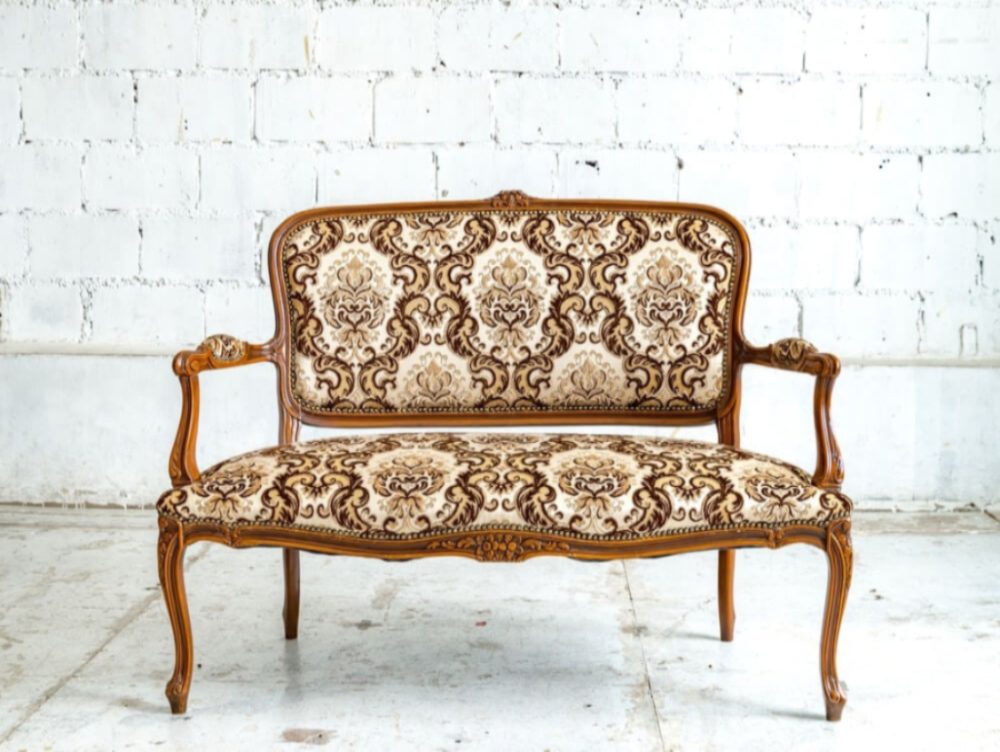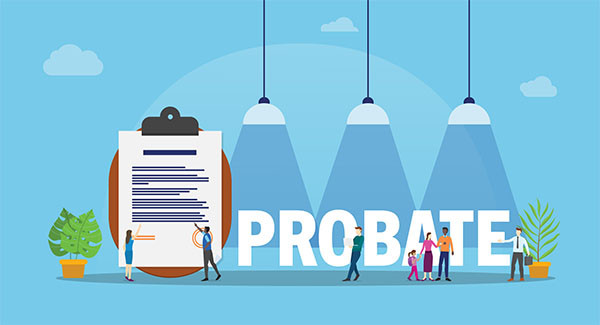What will sell, and how much is it worth? If you are planning a sale of estate property, there is one hard truth to keep in mind: Everything is only worth what someone else is willing to pay for it. You may be surprised by what someone wants to buy, and what you should just throw away.
For example, that massive sectional sofa in the family room Dad paid $4,000 for when you kids were growing up? You’d be lucky to get a few hundred dollars for it today. And after deducting the cost of moving it, it probably makes better financial sense to donate it to a non-profit that will come and get it—if they even want it.
Today’s sellers—boomers and their parents—built and furnished their homes for big families requiring lots of space. Today’s buyers, though, are mostly millennials or younger families just starting out. They want tiny houses, loft apartments and minimalist furniture.
So, what sells these days? Items that are small and/or rare.
If you’re looking for help with your move, clean out, or downsizing contact WayForth today.
Small collectibles have big value
We’ve found that the smaller the items, the more the public is often willing to pay for them. That includes dishes and jewelry. Even costume jewelry does very well at auction and estate sales. Here are some other examples of items that move at a sale of estate property.
- Collectibles, such as stamps and coins, are making a comeback because of their rarity. Most Boomers and Gen Xers turned up their noses at these old-fashioned hobbies, so the stamps and coins that are coming on the market these days are from our grandparents’ and even our great-grandparents’ collections, dating back to the 1800s.
- Old books can also be very valuable, but, again, you have to consider the market. First editions and books that had a limited print run are valuable because of their scarcity. But the set of encyclopedias you bought on layaway are so out of date that we can’t even donate them. (Besides, you can look up anything you want on your smartphone.) Vinyl albums are coming back in style, but you may have to dig through a lot of Rolling Stones to find something truly valuable.
- Vintage toys sell really well, too, from original Atari games to your grandpa’s metal Tonka trucks. Baseball cards could be worth something if they were issued before the 1980s, and old lunch boxes fly off the shelf, especially if they still have their original Thermos bottles inside. Collectors comb through sales of estate property to find specific items, so describe them with as much detail as you can.
More people are collecting these items because they trigger childhood memories or because they are increasingly rare. A word to the wise, though: If something says, “Limited Edition,” it isn’t. Anything mass-produced and marketed as a “collectible” almost always has far less than expected value.
Finding buyers for sale of estate property
The key to getting the most money for your collectibles is in attracting the right buyers. While traditional estate sales are popular, your market is limited to the number of and the type of people who come to the sale. That’s why we often use third-party online auction houses, such as Everything But The House, for our clients. They can tap into global demand and have expertise in marketing niche items.
Of course, all auction houses have minimum volume requirements for a sale of estate property, and the auctioneer can take as much as 40-50% of the cut. In our experience, though, auctions tend to get a much higher price for items than you could get by yourself (so the higher sales pay those commissions).
If you don’t have enough merchandise to meet the auction house minimum, you’re better off selling the more valuable items individually on eBay or Facebook Marketplace instead of lumping them into an estate sale. Or check out Freecycle, where you can donate items to someone local who can pick them up. You can also sell items yourself on popular mobile apps like Let Go and Offer Up.
Even once-valuable antiques, such as old Singer sewing machines and 19th century Hoosier cabinets, have lost much of their value in recent years because so many have come on the market as older generations clean out their homes. And as for the pool table in the basement? You better hope the house buyer is willing to keep it. It may be worth a lot to you, but its market value is minimal, and it’s not going to lift itself.






